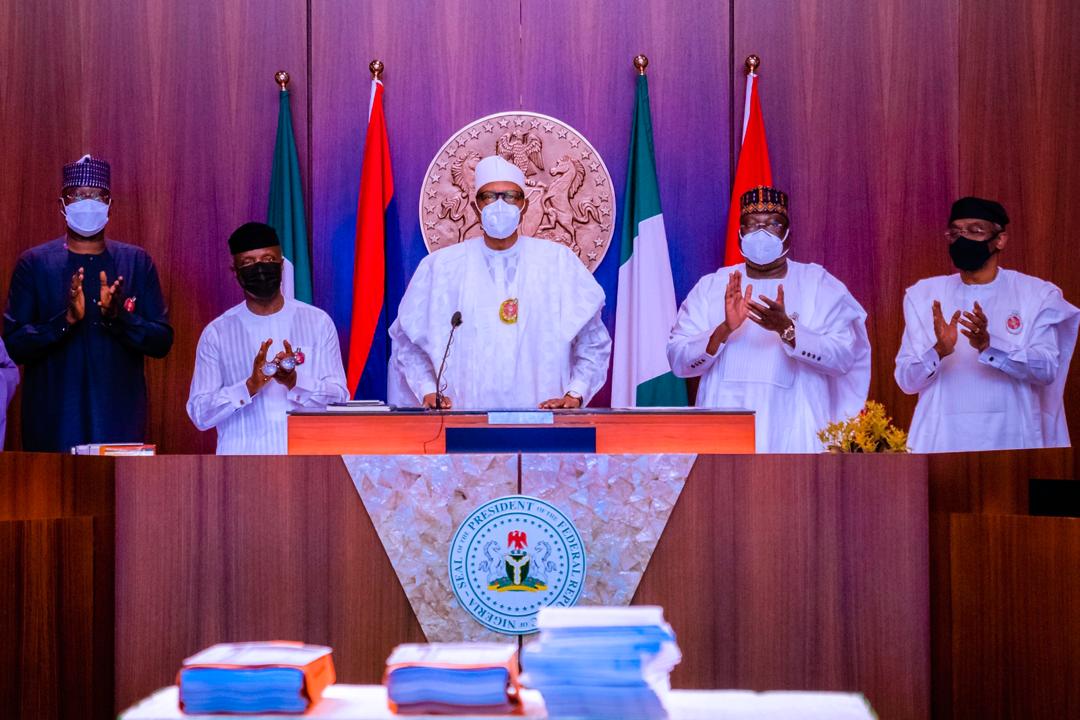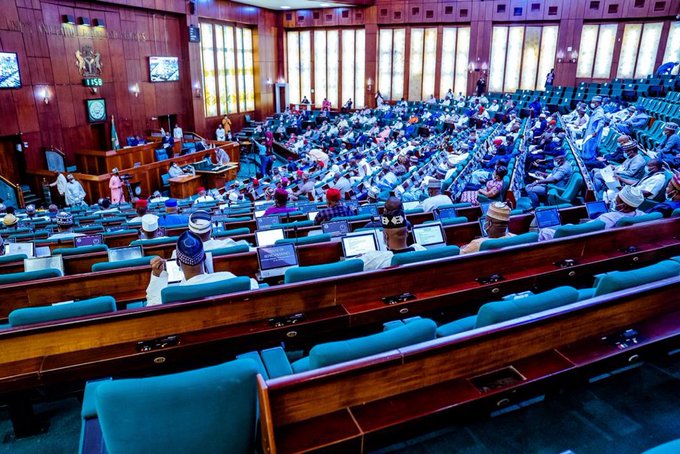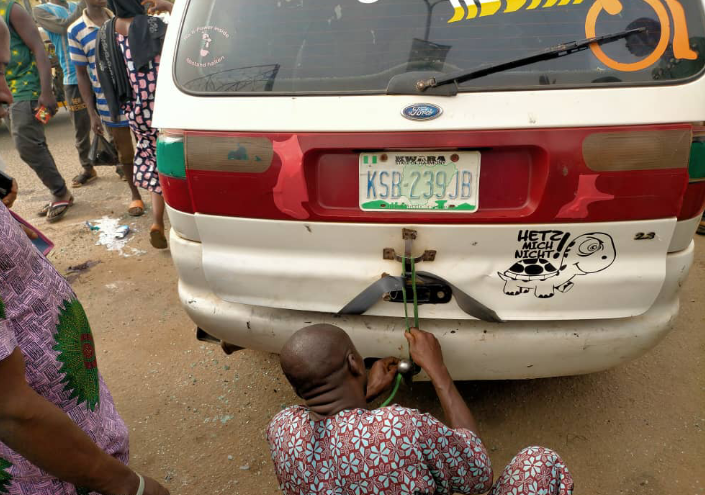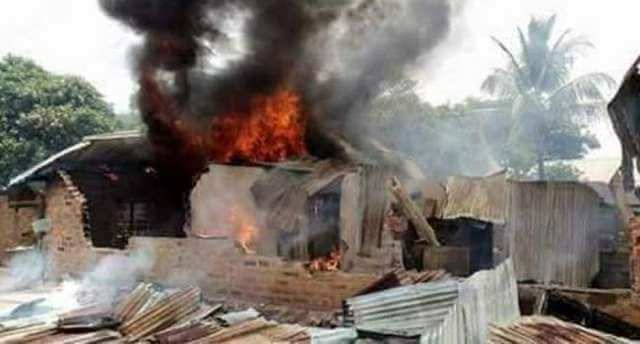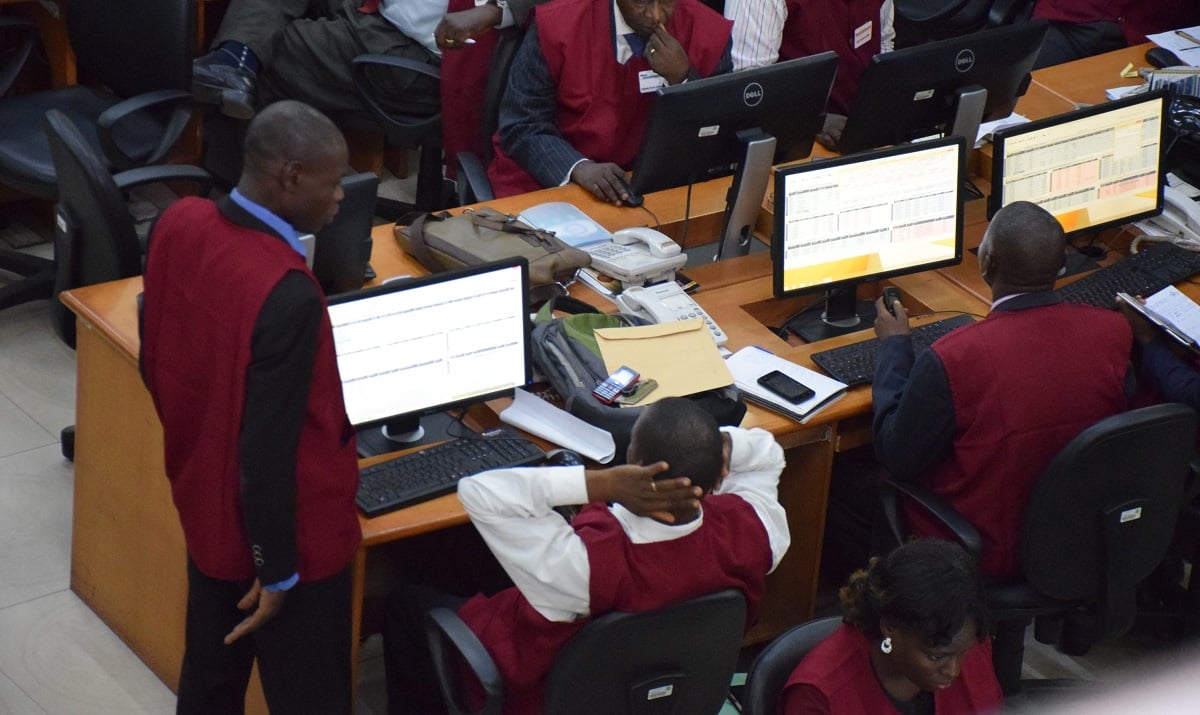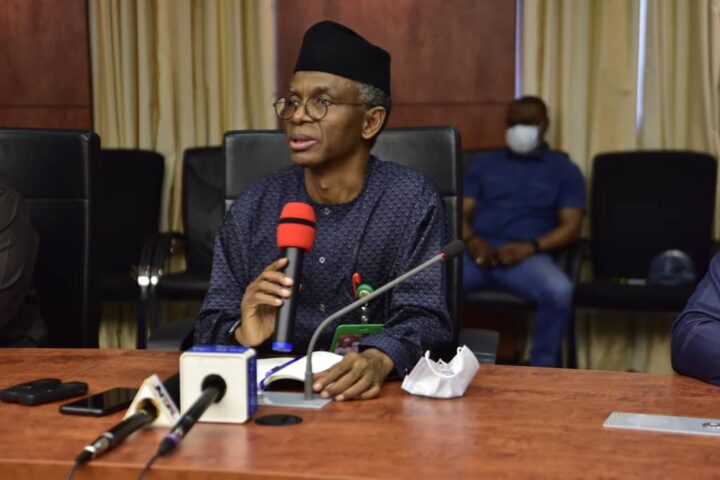BY OLAOGUN MICHAEL SUNKANMI
Across economies of the world, budget and budgeting systems are an integral part of the day-to-day running of activities (financial) both in the public and private circles. While many individuals, organisations, and nations see budget as an effective tool for achieving future (short, medium, and long term) goals, in Nigeria, this economic tool is seen as an annual “ritual” cum fun-fair wrapped and presented on the legislative altars to appease the “gods” who live in the chambers.
The presentation as an executive libation is perhaps for evaluation, review, approval, and most likely, padding -which is known as usual tradition. Without mincing words, the ritual has, and to a large extent retarded our progress instead of advancing the democratic progress and governance in our nation since the return of our so-called democracy in 1999.
For clarity, a budget could be defined as a proposed estimate of revenue and expenses over a period of time (short, medium, or long). It can be made by individuals, families, organisations, and the government. As part of my civic engagement in nation-building, I have had the privilege of being part of budget defense/evaluation at the sub-national and national levels. The exercise hitherto availed me of further understanding of institutional problems and repeated failure of budgeting in Nigeria. Undoubtedly, occurrences at the sub-national level are the replica of what is obtainable at the national or vice versa.
Having established the actual budget definition, it is equally important to define the same based on my “observed” trend of events to understand my position and concern. “It is the annual rituals carried out to enable government spends/waste money for the next fiscal year.” With this, I can make bold to say it justifies the mindset of most bureaucrats and political actors(executive and legislative) to what budget is all about, however with due respect to those who have deemed it fit to be different.
Advertisement
The preparation (foundation) of a budget is far crucial than its passage and implementation. However, tragically, the preparation lacks procedural and due diligence. Reflecting on a portion of the Holy Bible, which says in Proverbs 11:3: “When the foundation is destroyed, what can the righteous do?” The bible passage does not glorify actors involved in the annual ritual but emphasises the importance of preparation. It will equally not be wrong to say, “we cannot give what we do not have”.
While in rooms with senior civil servants and politicians at the state and national level during budget defense, I observed the following gaps in Nigeria’s budgeting system.
- Lack of business-oriented mindset
- Little or no reference to data for budget justification (items and plans were based on faith and nonscientific assumptions)
- Lack of policy direction
- Selfish interest of planners
- Duplication of duties in the MDAs and
- Lack of synergy amongst government institutions in achieving common goods of citizens.
With the gaps mentioned above, one cannot blame bureaucrats who continue to play “active” roles in annual ritual preparation despite this concern.
Advertisement
Unfortunately, we cannot expect them to deliver beyond the capacity they do possess, while the political will to build their capacity to meet up with the 21st-century budget process is lacking. Interestingly, for Nigeria to achieve meaningful change in the budgeting process, there is a need for adequate attention to solidifying our data management system strategically to enhance the correct projections that can address our social and economic challenges.
Secondly, there is an urgent need to build government actors’ capacity (bureaucrats and political actors) on budgeting systems beyond mere paperwork.
Thirdly, the active engagement of citizens in the budget process (problem identification, preparation, implementation, and evaluation) is critical to the positive impact of the budget process and actualization of fundamental social and economic development, which is the essence of democracy. Anything short of those mentioned above will keep us perpetually on abstract and fate, which cannot and, as a matter of fact, lead us to no meaningful and progressive path as a nation.
Olaogun Michael Sunkanmi, a youth advocate and public affairs analyst, can be reached via [email protected]
Advertisement
Views expressed by contributors are strictly personal and not of TheCable.
Add a comment
